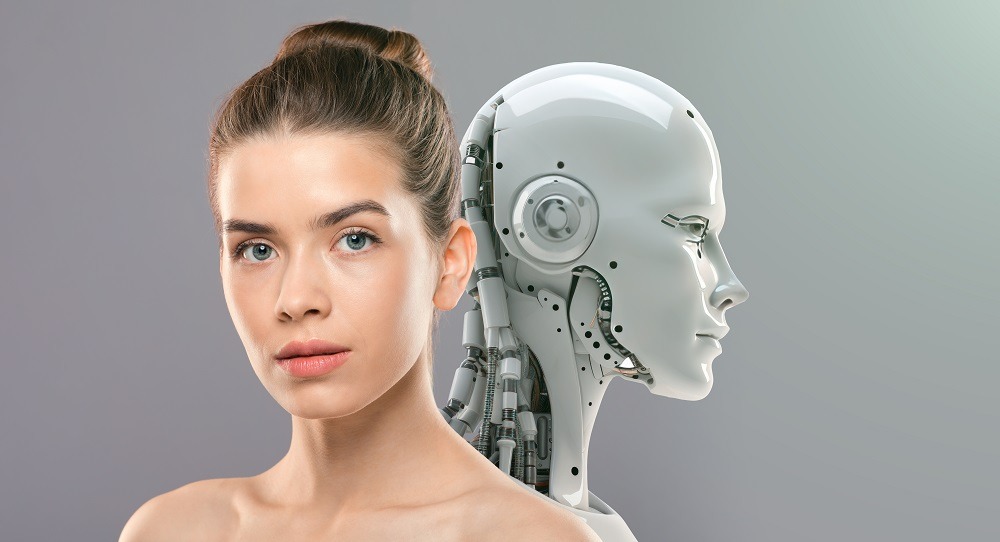Google AI is revolutionizing the landscape of artificial intelligence (AI) through cutting-edge innovations. With advancements in machine learning (ML), deep learning, and natural language processing (NLP), Google AI is making significant strides in fields ranging from healthcare to cloud computing.

This article explores Google’s latest AI breakthroughs, including Google Gemini AI, Med-PaLM 2, Vertex AI, and AI Overviews in Search, among others. These developments are reshaping industries and everyday technology interactions, making AI more intuitive and powerful.
Evolution of Google AI
Google’s journey into AI began with pioneering neural network research and has expanded to generative AI models that enhance everything from search engines to healthcare applications. The rise of self-learning algorithms has allowed Google to develop AI solutions that continuously improve and adapt.
Key Innovations in Google AI
Google Gemini AI: The Multimodal Revolution
One of Google’s most groundbreaking advancements is Gemini AI, a multimodal AI model capable of understanding and generating content across text, images, videos, and audio. Gemini AI powers:
- Conversational AI: Improving chatbots and virtual assistants with human-like interactions.
- Content Generation: Assisting users in creating text, images, and code.
- Multimodal Learning: Enhancing AI’s ability to process and interpret diverse data sources.
AI Overviews in Search
Google has transformed search experiences by integrating AI-generated summarized responses to queries. This innovation leverages deep learning to deliver more accurate, contextual, and concise search results, streamlining information retrieval.
Med-PaLM 2: AI for Healthcare
Google’s AI is making waves in healthcare with Med-PaLM 2, an AI model trained for medical diagnosis and research. It enables:
- Advanced medical imaging analysis
- AI-assisted diagnosis and predictive healthcare
- Precision medicine through data-driven insights
Vertex AI: AI-Powered Cloud Services
Google’s Vertex AI is a fully managed cloud platform that simplifies AI model training, deployment, and automation for businesses. Key benefits include:
- Pre-trained AI models for rapid implementation
- Scalable ML operations for enterprises
- Integration with Google Cloud services
Duet AI: AI for Google Workspace
Google has introduced Duet AI, an AI-powered assistant embedded in Google Docs, Sheets, and Gmail. It helps users with:
- AI-driven content generation and editing
- Smart email suggestions and document automation
- Enhanced workflow efficiency
Quantum AI and Google’s Sycamore Processor
Google is pioneering Quantum AI research, with Sycamore Quantum Processor leading efforts in:
- Quantum error correction
- Advanced simulations for scientific research
- AI-powered cybersecurity solutions
Enterprise Applications of Google AI
Google AI is revolutionizing industries with smart business solutions, including:
- Predictive analytics for data-driven decision-making
- Supply chain optimization through AI-powered insights
- AI chatbots for automated customer support
Ethical AI and Responsible AI Development
As AI continues to evolve, Google prioritizes AI ethics by ensuring:
- Bias reduction in AI decision-making
- Transparency and explainability of AI models
- Privacy-focused AI applications
The Future of Google AI
The future of AI at Google will see advancements in:
- AI-powered robotics and automation
- Next-gen natural language processing
- AI-driven environmental and climate modelling
Frequently Asked Questions (FAQs)
Q1: What is Google Gemini AI?
Google Gemini AI is a multimodal AI model capable of processing text, images, video, and audio. Learn more: Google Gemini AI
Q2: How does AI Overviews improve Google Search?
AI Overviews use deep learning to provide AI-generated search results for a more informative experience. Learn more: Google Search AI
Q3: What is Med-PaLM 2, and how is it used in healthcare?
Med-PaLM 2 is an AI model designed for medical diagnosis and research. Learn more: Med-PaLM 2
Q4: What is Vertex AI, and how does it help businesses?
Vertex AI is a cloud-based AI platform for developing and deploying AI models. Learn more: Vertex AI
Q5: How does Google Duet AI assist in Workspace apps?
Duet AI enhances productivity by automating writing, summarization, and email composition. Learn more: Duet AI
Q6: What is Google’s Sycamore Quantum Processor?
Sycamore is Google’s Quantum AI processor, advancing quantum computing and AI research. Learn more: Quantum AI
Q7: How does AI impact Google Cloud services?
AI powers Google Cloud’s machine learning tools, automation, and data analytics. Learn more: Google Cloud AI
Q8: What are the ethical concerns surrounding Google AI?
Google AI ensures fairness, bias mitigation, and privacy protection in AI systems. Learn more: Responsible AI
Q9: How is Google AI used in image and video recognition?
Google AI enables computer vision for object detection, medical imaging, and video analysis. Learn more: Computer Vision AI
Q10: What AI advancements does Google have for natural language processing?
Google AI improves language models, chatbots, and text analysis. Learn more: NLP AI
Q11: How does Google AI contribute to autonomous systems?
AI powers self-driving technology, robotics, and automation. Learn more: AI for Robotics
Q12: What is the role of Google AI in cybersecurity?
AI enhances threat detection, risk assessment, and automated security. Learn more: Google AI Security
Q13: What industries benefit most from Google AI?
Healthcare, finance, retail, and supply chain management use AI-driven solutions. Learn more: AI for Industries
Q14: What is Google’s vision for AI in the next decade?
Google aims to improve AI ethics, quantum computing, and global AI accessibility. Learn more: Google AI Future
Q15: Where can I explore Google AI’s latest research papers?
Google publishes AI research on neural networks, machine learning, and automation. Learn more: Google AI Research















